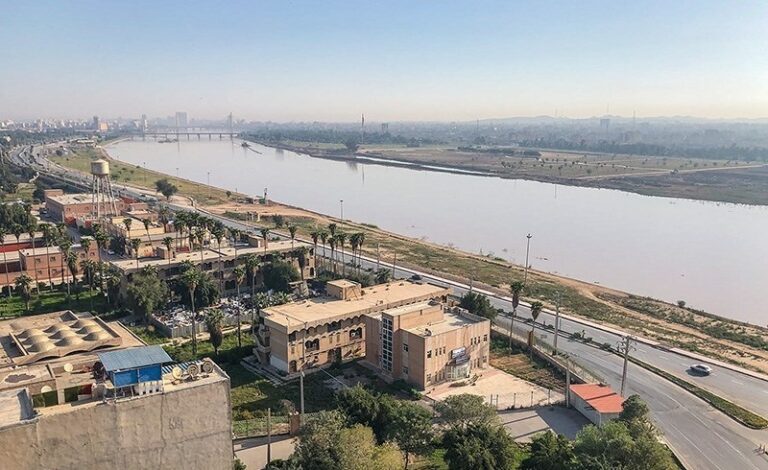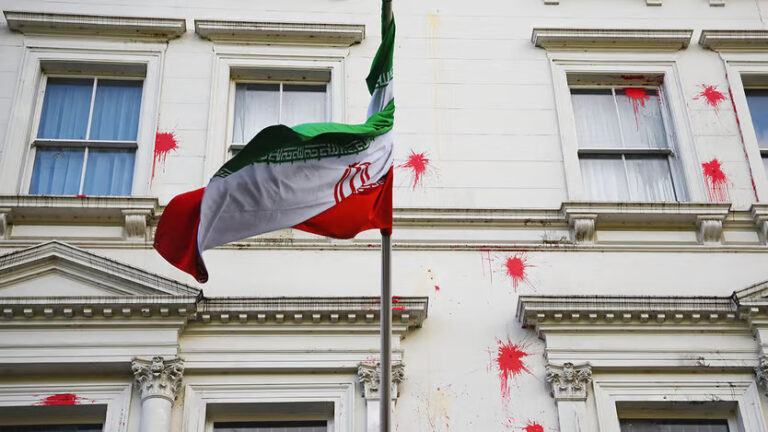Sudan arrests nine Darfur activists: civic leader
WASHINGTON (Agencies)
United States President Barack Obama extended economic sanctions on Sudan for at least one 
year, the White House said Monday, ahead of the country’s January referendum on independence for the south, as a civil society leader said that nine Darfur activists have been arrested by Sudan including a human rights lawyer. In a letter sent to members of Congress, Obama informed U.S. lawmakers that the sanctions on Khartoum, which were to have expired on Wednesday, would be extended, saying that the circumstances which led to their imposition some 13 years ago have “not been resolved.” Sudan’s actions and policies, Obama wrote, “are hostile to U.S. interests and pose a continuing unusual and extraordinary threat to the national security and foreign policy of the United States.”
Therefore, I have determined that it is necessary to continue the national emergency declared with respect to Sudan and maintain in force sanctions against Sudan to respond to this threat
“Therefore, I have determined that it is necessary to continue the national emergency declared with respect to Sudan and maintain in force sanctions against Sudan to respond to this threat,” Obama wrote in his letter to Congress.
The United States has banned virtually all trade with Sudan since 1997.
Meanwhile, the U.S. State Department announced Monday that U.S. envoy to Sudan Scott Gration, was in Khartoum in preparation for the vote and that he would soon depart for Addis Ababa for additional pre-referendum talks.
The retired general last month presented a bleak view of preparations for the referendum in Africa’s largest country.
The vote is to be held under a 2005 peace deal that put an end to Africa’s longest-running civil war between the north, which is mostly Arab-Muslim, and the predominantly Christian south.
On the same day voters in Abyei, a disputed oil region straddling the country’s north and south, will make the same decision for their district.
Northern and southern Sudanese leaders, however, have clashed over who is eligible to vote.
An estimated 1.5 million people died in Sudan’s long civil war between the north and south, perishing directly in conflict, or from disease and famine.
This spate of arrests signals a new crackdown on Darfuri activists at a time when the Khartoum government is stepping up attacks there, while the world’s eyes are on the referendum
Jehanne Henry
Darfur activists arrested
A civil society leader, meanwhile, said that Sudan arrested nine Darfur activists including a prominent human rights lawyer, just weeks ahead of a southern referendum on secession
“The total number arrested is nine activists — all of them from Darfur,” said civil society leader Elbaqir Mokhtar. “One of them is a very active lawyer in the Darfur lawyer’s association,” he added.
He said the arrests appeared to be targeting the Human Rights and Advocacy Network for Democracy (HAND), for which most of those detained worked. Mokhtar said there was no information about charges against them or where they were being held.
A source in Sudan’s National Security and Intelligence Services said they had no information about the arrests.
New York-based Human Rights Watch said the government was using the cover of the Jan. 9, 2011 southern referendum on independence as a cover to continue its military operations in Darfur and crack down on rights activists.
“This spate of arrests signals a new crackdown on Darfuri activists at a time when the Khartoum government is stepping up attacks there, while the world’s eyes are on the referendum,” Jehanne Henry, a senior researcher at the group said.
Mokhtar said the arrests began on Saturday but continued until last night.
President Omar Hassan al-Bashir’s government forced many prominent human rights activists to flee Sudan in 2009 after the International Criminal Court indicted him for war crimes in Darfur. The court added genocide to the charges this year.
But Khartoum had somewhat eased its harsh policies ahead of the emotional southern referendum.
Mokhtar said the arrests cast doubt on whether Khartoum would allow civil society to work freely ahead of the referendum. “It’s now really raised alarm bells that probably what is coming is going to be worse”.
Many northern Sudanese worry that if the south separates, which most predict is likely, Khartoum will become more hard line in its crackdown on dissenters.











+ There are no comments
Add yours